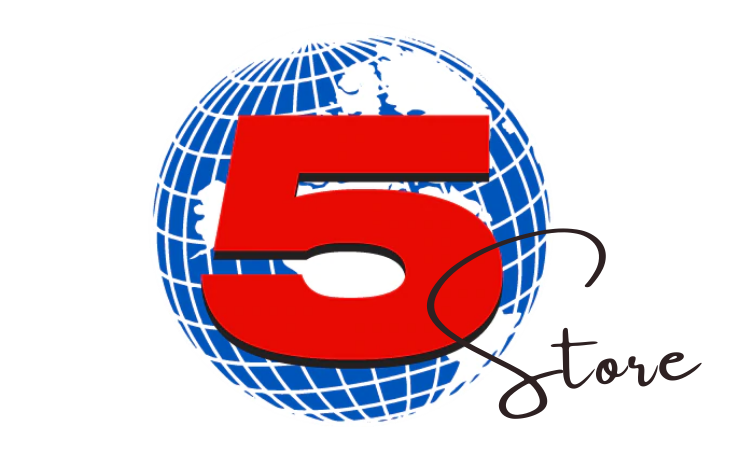The Witcher series, both in its literary form and as a popular video game franchise, has captivated audiences with its rich storytelling and complex characters. One of the most compelling aspects of The Witcher is the moral dilemmas faced by its protagonist, Geralt of Rivia. As a monster hunter navigating a world filled with moral ambiguity, Geralt’s decisions often force players and readers alike to confront their own beliefs about right and wrong. In this blog post, we will explore these moral dilemmas and their implications, while also touching upon the vibrant community and culture surrounding The Witcher, which includes an array of Witcher Merch for fans.
Understanding Geralt’s World
Set in a dark fantasy universe, The Witcher is a world filled with creatures and beings that blur the lines between monster and human. This complexity is what draws players into a narrative where choices have real consequences. Geralt is often faced with decisions that prioritize personal morality over societal norms. For instance, when confronted with a creature that terrorizes a village, Geralt must weigh the lives of innocent people against the potential innocence of the creature. This moral complexity challenges players to reflect on their values, often leading to different conclusions about what constitutes justice and mercy.
The Price of Choices
One of the hallmark features of The Witcher series is its branching storylines that adapt based on the player’s choices. Geralt’s decisions—such as siding with certain factions or choosing whether to spare or kill an enemy—can lead to drastically different outcomes. This emphasis on choice raises questions about the nature of morality. Is a choice justified if it is made for the greater good, or do the means ultimately corrupt the ends? These dilemmas make the player’s experience deeply personal, as each choice allows for self-exploration and examination of one’s ethical compass.
The Humanity of Monsters
In The Witcher universe, monsters are not merely villains to be slain; they often represent misunderstood beings with their own motives and histories. Take the tragic story of the striga, who is both a victim and a monster. Geralt must decide whether to kill her or try to understand her plight and break the curse that looms over her. This narrative emphasizes a critical theme in the series: the true nature of monstrosity lies not in the appearance, but in actions and intentions. This theme resonates deeply with players, prompting them to confront their prejudices about what it means to be “monstrous” or “human.”
The Cultural Impact and Witcher Merch
The ethical dilemmas of The Witcher series have cultivated a dedicated fan base that appreciates not just the story but the depth of its content. The community surrounding The Witcher has grown to embrace everything from fan art to cosplay, reflecting their admiration for the characters and narrative. Witcher Merch, including clothing, collectibles, and artwork, has become a means for fans to express their passion for the series and the moral complexities within it. By purchasing such merchandise, fans not only celebrate their favorite stories but also foster discussions around the moral themes addressed in the games and books.
Conclusion: A Reflection on Morality
The Witcher series challenges its audience to grapple with ever-evolving moral dilemmas, inviting players and readers to explore the gray areas of ethics. Geralt of Rivia’s journey is a profound reflection on what it means to choose wisely in a world rife with difficult decisions. The community that has sprung up around The Witcher, marked by vibrant discussions and a variety of Witcher Merch, highlights the impact of these narratives on players’ lives. As we continue to engage with this rich world, we are reminded that the line between monster and man is often far less distinct than we might believe.

